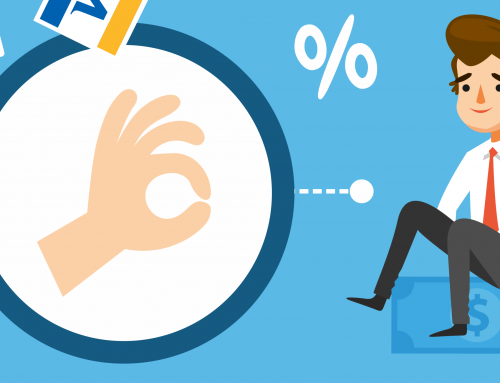Canadian consumers are just overspending. Some chose to blame the Bank of Canada or Lenders, but the majority of Canadians agree that this happened because of consumers. What is the solution? There isn’t just one, there are several options. Picking the right one is vital for the economy of Canada. The best option is difficult, having consumers spend less to be in less debt. The Bank of Canada has increased interest rates twice in 2017 to have consumers spend less. Based on this information, a recession might happen this year. This is definitely bad time since Ontario just increased the minimum wage. 33% of Canadians cannot cover monthly expenses according to MNP debt survey. 48% say they’re within $200 of not being able to pay bills. 42% are in trouble if interest rates rise. Based on the two raise in 2017, we should expect another one in 2018. How will Canadians cope?
 One in three Canadians can’t cover bills amid ‘debt trap’: Survey
One in three Canadians can’t cover bills amid ‘debt trap’: Survey
One-third of Canadians have stretched themselves so thin that they can no longer cover monthly bills and debt payments, according to a survey released Monday that paints a disconcerting picture of household finances in this country ahead of the Bank of Canada’s next interest rate decision.
Thirty-three percent of respondents to the MNP survey, conducted by Ipsos, admitted to being stretched beyond their means on a monthly basis, marking an eight-point increase since MNP’s last survey in September. Meanwhile, almost half (48 percent) of respondents said they only have a $200-buffer to cover their obligations.
Canadians’ increasingly-strained pocketbooks are giving rise to self-reflection, as almost four in 10 respondents to the survey admitted they regret the amount of debt they’ve taken out in their lifetime.
“The results highlight just how financially vulnerable Canadians are,” said Grant Bazian, MNP’s president, in a press release. “Even small interest rate increases result in escalating financial strain and anxiety.”
The Bank of Canada raised its benchmark interest rate at back-to-back meetings in July and September last year, and the central bank is widely expected to boost the cost of borrowing again this week.
For already-stretched Canadians, that prospect is a worrisome. Forty-two percent of respondents to the MNP survey said they’ll be in financial trouble if rates rise much higher. Moreover, nearly one-third said they could be forced into bankruptcy because of rising interest rates.
“While Canadians say they are heeding rate increase warnings, they are still reliant on credit to make their household budgets work,” said Bazian. “The result may be a dangerous debt trap that will be impossible for some to ever get out of.”
thumbnail courtesy of bnn.ca
Technically, Canada is not in a recession yet. If the Canadian GDP is down this quarter, then we will be in one, financially speaking. Nothing to fear as recession happen once every 8-10 years. The last one was in 2008-2009, which is exactly as expected. If you are still worried, you just need to prepare yourself. Create an emergency fund today. This can is often the difference between the prepared person and not the not prepared person. Also, spend less money. Create a budget for everything. Look for the best deals for everything. Most importantly, perform at your best at work. If your employer needs to make cuts, you want the best chance to not get fired. They will fire your co-worker instead of you if you stay at work longer, perform better, or just show you are interested in your position.



